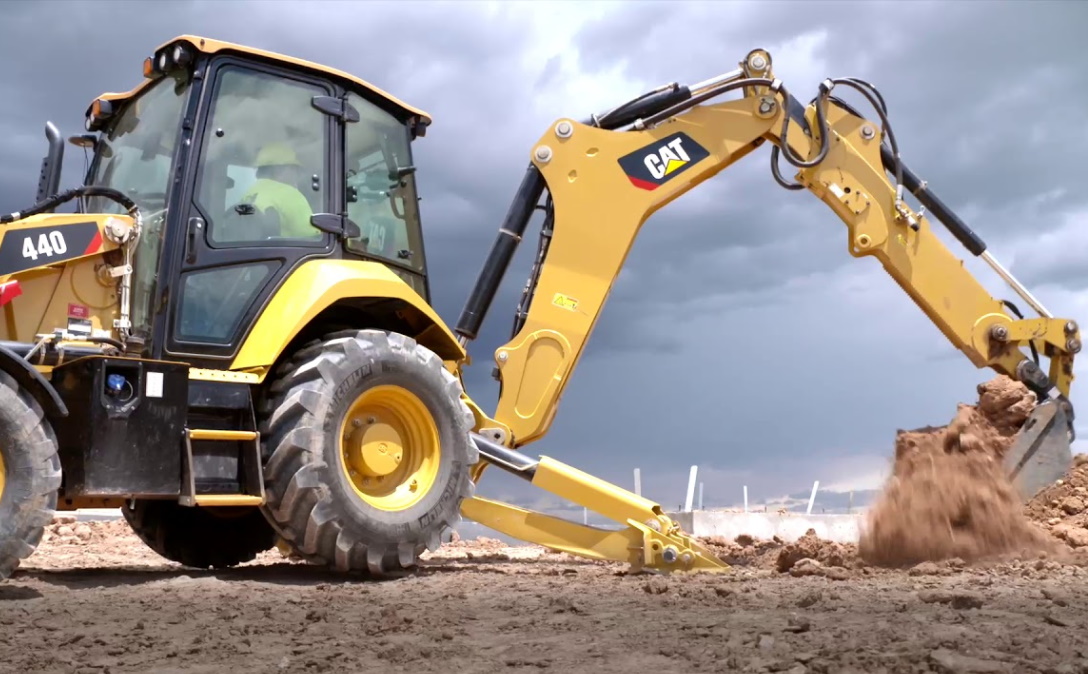Some Commonalities Between Excavators and Backhoes
- Written by Modern Australian

Have you ever tried to cut a big lawn with a weed wacker? Would you build a deck but only use screwdrivers instead of a cordless drill? When you're working on a piece of property, the work goes faster when the right tools are used in the right situations.
If it's a big project, you're talking big machines. Of course, being big doesn't mean it can do any old job. Whether you're digging a foundation for a new building or performing demolition on an old one, precision is essential. Two big machines that perform many tasks for their owners are excavators and backhoes.
What Is an Excavator?
An excavator is a piece of heavy construction equipment. Most are crawlers, and they ride on two tracks, like a tank. The cab, which rotates, is attached to a large arm called a boom. The boom is attached to the dipper, which is attached to a large bucket. Other attachments include couplers, thumbs, breakers and augers. Each provides a unique resource for different situations.
Excavators are capable of moving vast quantities of pretty much any material in front of them, and their tracks provide for excellent traction in extreme conditions. Large excavators can weigh up to about 41,000 kilograms. There are six other types of excavators.
Dragline excavators are massive machines used in massive projects, such as dredging canals or surface mining. They have a singular operating system in which the bucket is manipulated by a wire cable.
Long Reach Excavators are used for their super long booms and arms. These arms have a reach of 30 metres. These excavators are used in industrial demolitions and jobs that require working over water.
On a skid steer, the boom and bucket face away from the driver. They ride on wheels, and so their application is a bit more limited concerning terrain. However, their compactness makes them perfect for narrow spaces. Skid steers are good for debris cleanup or digging the footprint for a pool.
Suction excavators are a type of excavation equipment with a large suction pipe that can both shoot water out as well as suck dirt and debris in at 320 kilometres per hour. They can excavate down to 43 metres. Because the diameter of the pipe is about .30 metres, these machines are not built for enormous jobs, but they are the perfect choice for delicate ones.
Mini excavators are utilized for delicate jobs in small spaces because of their compact profiles. They can easily manoeuvre in tight situations because they don't have the tail swing of the larger model. At the same time, their smaller bucket equals lower load capacity. This is a smaller machine for smaller jobs.
Wheeled Excavators ride on wheels, but otherwise are very similar to a standard model. Because they don't have the traction power of the crawlers, they are not the best choice for any kind of deep muck. However, the wheels create a smooth ride, so these machines are often used on concrete or indoors.
What Is a Backhoe?
A backhoe is a long arm with a bucket that extends from the rear of a tractor and pulls its load toward the cab. On the front is a bucket loader. Backhoes are designed for landscaping, but can perform similar work as excavators, on a smaller level. They are the perfect machine for removing snow, dirt or gravel or types of farming work, like digging fence posts or small irrigation channels.
What Is the Difference Between an Excavator and a Backhoe?
A rule of thumb is that backhoes are the choice for small and medium-sized jobs, while excavators are used for more substantial projects.
A backhoe could handle a small demolition task, for instance, such as taking out a porch. A mini excavator could do this, too.
On the other hand, if you had a big, unstable structure made of heavy material, like cement, a full-size excavator with a long arm has the power and precision for the job while the rest of the crew remains a safe distance away.
The long and short of it is that if you're going to be doing a lot of commercial, industrial work, an excavator is bigger, stronger and more rugged than a backhoe, and you can find models that can perform delicate work in tight places, too. If you do residential work, or you have a big property that requires maintenance, a backhoe is a pretty good fit.



















